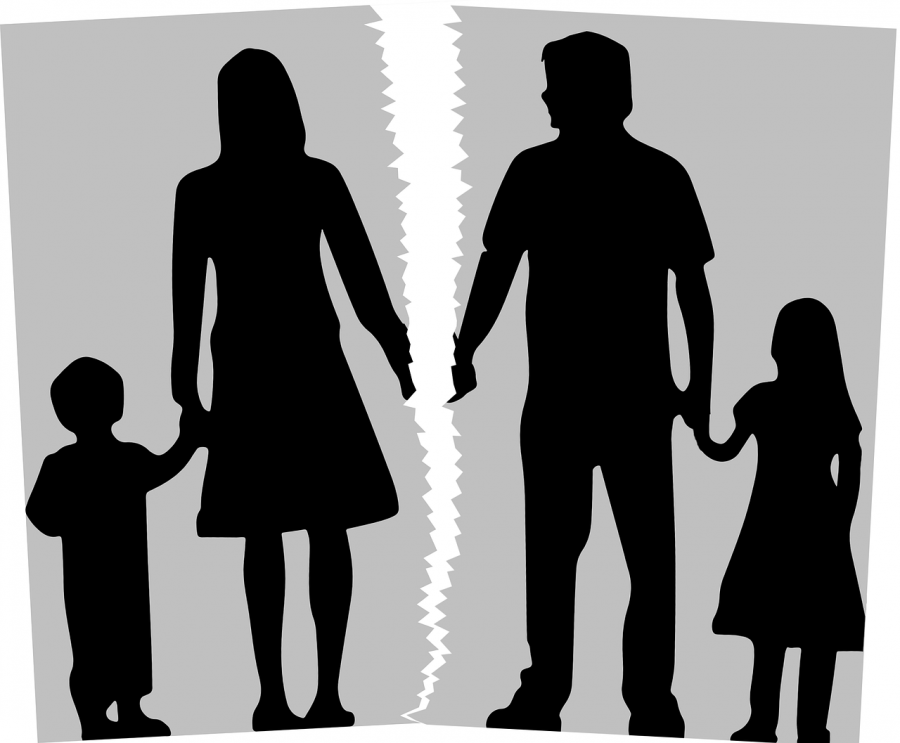
4 Ways Divorce Affects Your Children
It’s almost impossible to know how a divorce will affect your children. This is because every person handles things differently.
That said, there is a lot of research that delves into the possible effects a divorce may have on adolescents, allowing parents to better understand their child’s behavior changes and wavering feelings of confusion, guilt, and anger.
Although divorce will not always have a negatively affect your child, it is good to familiarize yourself with the ways a divorce might affect your children so that you can prepare yourself for this transition.
1. The Blame Game
It is not unusual for children to blame themselves for their parents’ divorce. This is especially true if your children are younger. This is because young children receiving near-constant discipline, guidance, and behavior modification, find it easy to connect divorce to their own misbehavior.
It’s important to be honest with your child about what is happening. Reassure any children involved that it is not their fault and that the divorce is between two people – mommy and daddy – and that they have nothing to do with it.
2. A Sense of Relief
Many older children feel a sense of relief when their parents finally get divorced. This is because they witness firsthand how miserable both parents are, know something needs to change, but have very little control over it.
There is no denying that two parents that are separated – but happy – is what’s best for everyone involved. No child should grow up thinking that a household with constant arguing is healthy.
That said, it’s still important to make the transition as easy as possible, which may mean consulting with a divorce lawyer to discuss things like custody and visitation.
3. Pressure to Pick Sides
Divorce comes with many complicated issues, especially when it involves children. One of the most complicated issues children contend with is the pressure to choose sides.
If you consistently talk down about your soon-to-be ex, your child is going to feel caught in the middle. This may lead to confusion over whether they should continue to love the other parent, enjoy spending time with them, or even talk about them in the presence of you.
Avoid making the situation more stressful for your children (despite your inner urge to lash out). This will prevent further emotional damage and behavioral changes from developing.
4. Anger and Behavior Connect
Children may place the blame on you, rather than themselves. They may begin to feel you are allowing the family to break apart, that you don’t love them enough, or that you simply don’t care.
While these feelings will eventually pass with age and understanding, they may also cause changes in behavior that can wreak havoc in school, social settings, and at home.
It is important, especially as the non-initiating parent, to identify these changes early on and have a professional step in when necessary to prevent a lifetime of emotional trauma and behavioral issues.
In the end, no one gets married with the intention of divorcing, especially when children are involved. And, while divorces can be messy and cause a lot of strain on your children, knowing the possible ways a divorce may affect your child in the beginning alleviates issues before they turn into major ones.
